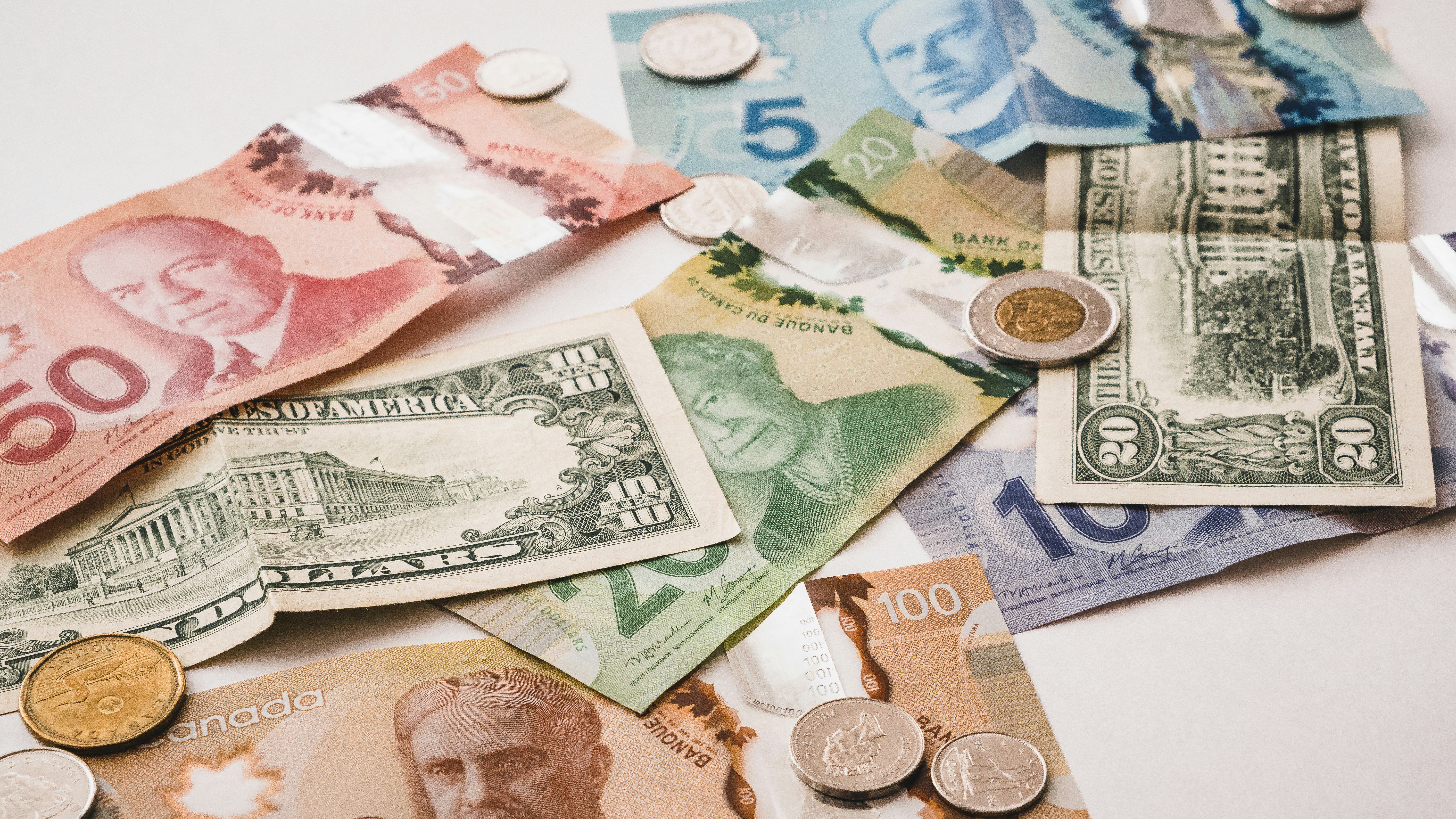GZERO North
April 11, 2024
It looks like neither Joe Biden nor Justin Trudeau can count on lower interest rates to give them the economic or political boosts they need.
In the United States, hopes for a rate cut were dimmed when Wednesday’s consumer price index numbers dropped. The index was up 3.5% in March compared to last year, higher than February and higher than expected, which means the Federal Reserve is unlikely to cut rates in the US anytime soon.
The Bank of Canada, meanwhile, held its benchmark rate steady for the sixth straight time on Wednesday, but Bank of Canada Gov. Tiff Macklem offered room for hope. “We need to be sure this is not a temporary dip in inflation,” he said, noting that a rate cut in June is still possible.
Both Biden and Trudeau desperately want inflation to ease and for interest rates to drop – to ease cost-of-living concerns for voters.
On Tuesday, former Bank of Canada and Bank of England Gov. Mark Carney – notably considered a potential successor to Trudeau – said the era of steady low-interest rates may be over because of structural changes – namely greater volatility and the shift to a low-carbon economy.
This perspective will be a cold comfort to the Biden and Trudeau camps as they face the prospect of asking for votes while mortgage rates, grocery, and gas bills remain high.
More For You
Hellenic coast guard performs SAR operation, following migrant's boat collision with coast guard off the Aegean island of Chios, near Mersinidi, Greece, February 4, 2026.
REUTERS/Konstantinos Anagnostou
15: The number of migrants who died after their boat accidentally collided with a Greek Coast Guard vessel in the Aegean Sea on Tuesday. Two dozen people were rescued.
Most Popular
Walmart is investing $350 billion in US manufacturing. Over two-thirds of the products Walmart buys are made, grown, or assembled in America, like healthy dried fruit from The Ugly Co. The sustainable fruit is sourced directly from fourth-generation farmers in Farmersville, California, and delivered to your neighborhood Walmart shelves. Discover how Walmart's investment is supporting communities and fueling jobs across the nation.
Workers repair a pipe at a compound of Darnytsia Thermal Power Plant which was heavily damaged by recent Russian missile and drone strikes, amid Russia's attack on Ukraine, in Kyiv, Ukraine February 4, 2026.
REUTERS/Valentyn Ogirenko
Democratic Alliance leader John Steenhuisen announced Wednesday that he will not run for a third term as leader of the liberal, pro-business party, after months of internal pressure over a host of controversies – including allegations, since cleared, that he used the party credit card for Uber Eats.
© 2025 GZERO Media. All Rights Reserved | A Eurasia Group media company.
